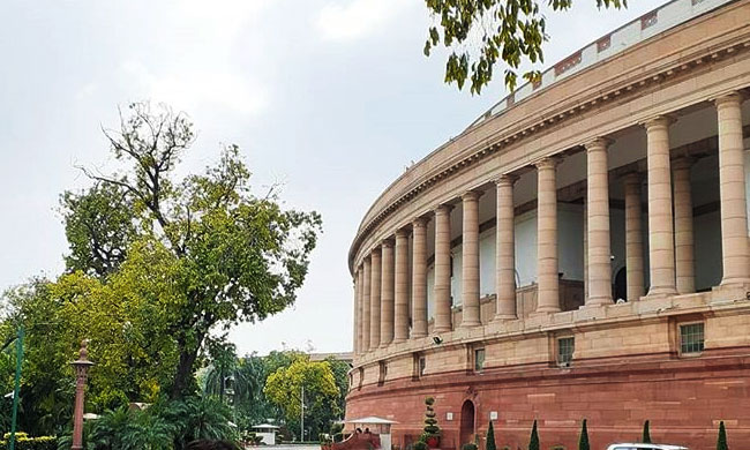Jammu & Kashmir Reorganisation (Amendment) Bill, 2021 Passed By Parliament
Akshita Saxena
13 Feb 2021 5:30 PM IST

Next Story
13 Feb 2021 5:30 PM IST
The Lok Sabha on Saturday passed the Jammu and Kashmir Reorganisation (Amendment) Bill, 2021, by a voice vote. It was passed by the Rajya Sabha on February 8, 2021. The Bill amends the J&K Reorganisation Act, 2019 that bifurcated the former State into Union Territories of J&K and Ladakh. It seeks to merge the existing cadre for India Services Officers of J&K with those...
